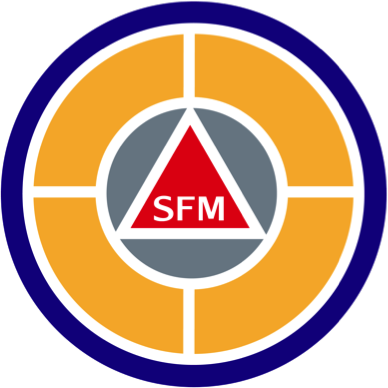Change agents for organizations
In situations of change, the larger, more present issues are dealt with the most, which often leads to a lack of review of finer details. Hence, “small issues” that become oversights puts teams, management boards, and/or the whole organization at the risk of being misaligned or feeling distrust towards each other.
As change agent, a neutral third-party person, we keep that consciousness at stake, which can help to rebuild a cohesive organization or team. Involving key stakeholders elicits key concerns and possible misalignments at an early stage. During the meeting, the change agent will present common aspects and points of all sides, which allows the team to see, understand, and value each other’s’ perspectives in a neutral and balanced way. Common targets and goals can then be formulated, and plans and strategies agreed upon. Sometimes this process is short and sweet, but other times it may take more than one meeting to achieve the desired results. This all depends on what phase a change agent is asked to help.
Our aim in Change Management
Success Factor Modeling
As change agent we work with several change models, one being the Success Factor Modelling (SFM) by the Dilts Strategy Group. We are accredited affilate partner of the Dilts Strategy Group allowing us to use and to train our clients to apply this model in their change processes.
For entrepreneurs we offer specific workshops allowing testing waters and getting peer input into the business ideas.
How to best anchor change within the whole organization?

In times of changes, it is important that the new mission, vision, or different kinds of organizational changes are understood and cascaded down to all levels of operation. This work demands that the managers and leaders be qualified to successfully incorporate those changes, as well as to personally perform the ideals those changes represent and actively implement them wherever possible.
It is logical, then, to align the goals and targets of an organization towards those desired changes. This, however, is not always easy. An organization follows a specific dynamic—not only the company as a whole, but each and every employee irrespective of what level. Understanding this dynamic in the system is especially important during times of change. It is possible, though, that a leader can be confronted with very challenging situations while implementing the new goals and rules, because the rest of his or her team may feel that the changes disrupt the organization’s dynamic. Getting specific support from a change agent who will mainly focus on the human relation aspects of the change process, helps to build a solid, neutral and positive foundation from which the employees can more easily follow the change process.
Approach
Our approach is based on us being system field experts. After an initial analysis, we will present you with an organization-specific program that incorporates timelines, goals and actions. The fine-tuning is then performed together with either your human resource department, or top management taking into account the resources such a men hours, cost and time, you can invest.
CM Methode Beachtig CTC_E.pdf
(10.09.12, 2.3M)
Change Facilitation
At times, organizations can face external changes (such as industry and regulation changes) or internal changes (such as mergers, acquisitions or company growth), both of which will greatly affect them.
Through our facilitation, we can assist you during all types of change by helping you to define your direction, objectives and core values, while also ensuring your executive and management team both have the right skills to cope with these changes in a manner that promotes leadership, motivation, and an inspiring corporate culture.
The most important aspects of organizational change that we cover are:
- Developing clarity about what types of change are actually needed and required
- Obtaining 'buy-in' from key staff
- Communicating changes throughout the organization
- Creating strategies for implementation


